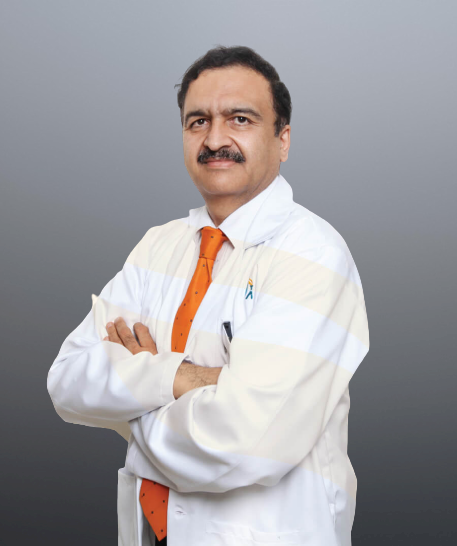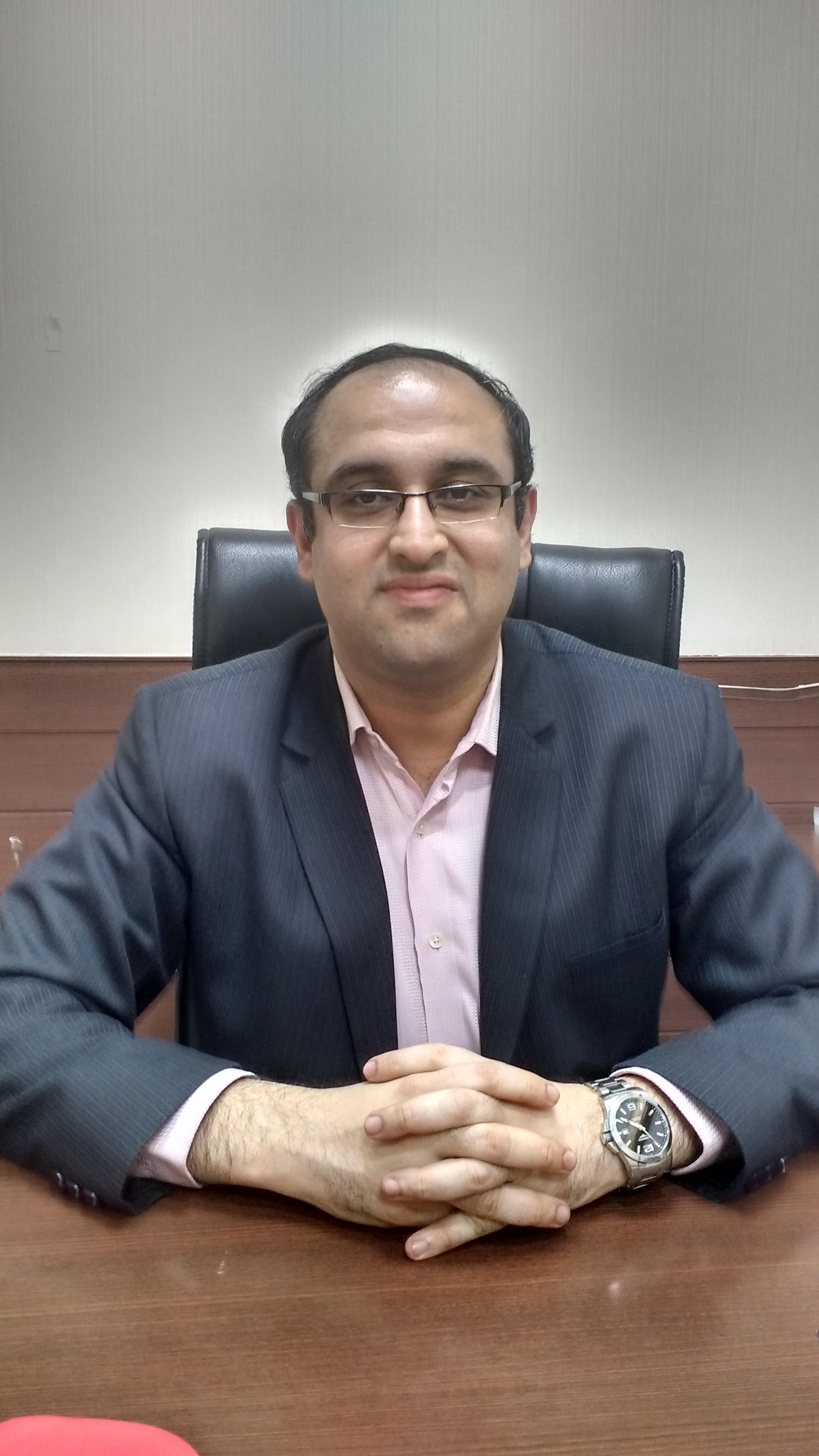Best Doctors for Epilepsy in Delhi
Epilepsy is a neurological disorder manifested by repeated seizures due to irregular electrical activity in the brain. These seizures can be broadly classified into two types generalised and focal, affecting either the whole brain or specific areas, respectively. The triggers for epilepsy vary widely, from genetic predisposition to unknown causes, and this condition can impact anyone, regardless of age or gender.
For Delhi residents, living with epilepsy need not be an insurmountable challenge. The best doctors for epilepsy and seizure disorder specialists are readily available within the city with Apollo Hospitals. With our team of highly experienced doctors for epilepsy treatment, patients can be assured of receiving high-quality healthcare that addresses their unique needs.









 Call Now
Call Now







